Summary
- Set clear expectations with the player on min-maxing to ensure enjoyment for both parties.
- Reward the min-maxer with bonuses that enhance their optimized abilities.
- Provide scenarios that challenge the player in areas outside their specialization to keep the game dynamic.
No two players are the same. Whenever you get yourself a group of players to enjoy Dungeons & Dragons together, you’ll quickly notice that they will have different focuses and preferences throughout the game. As long as they respect each other’s preferences and are having fun together, that’s not a problem.
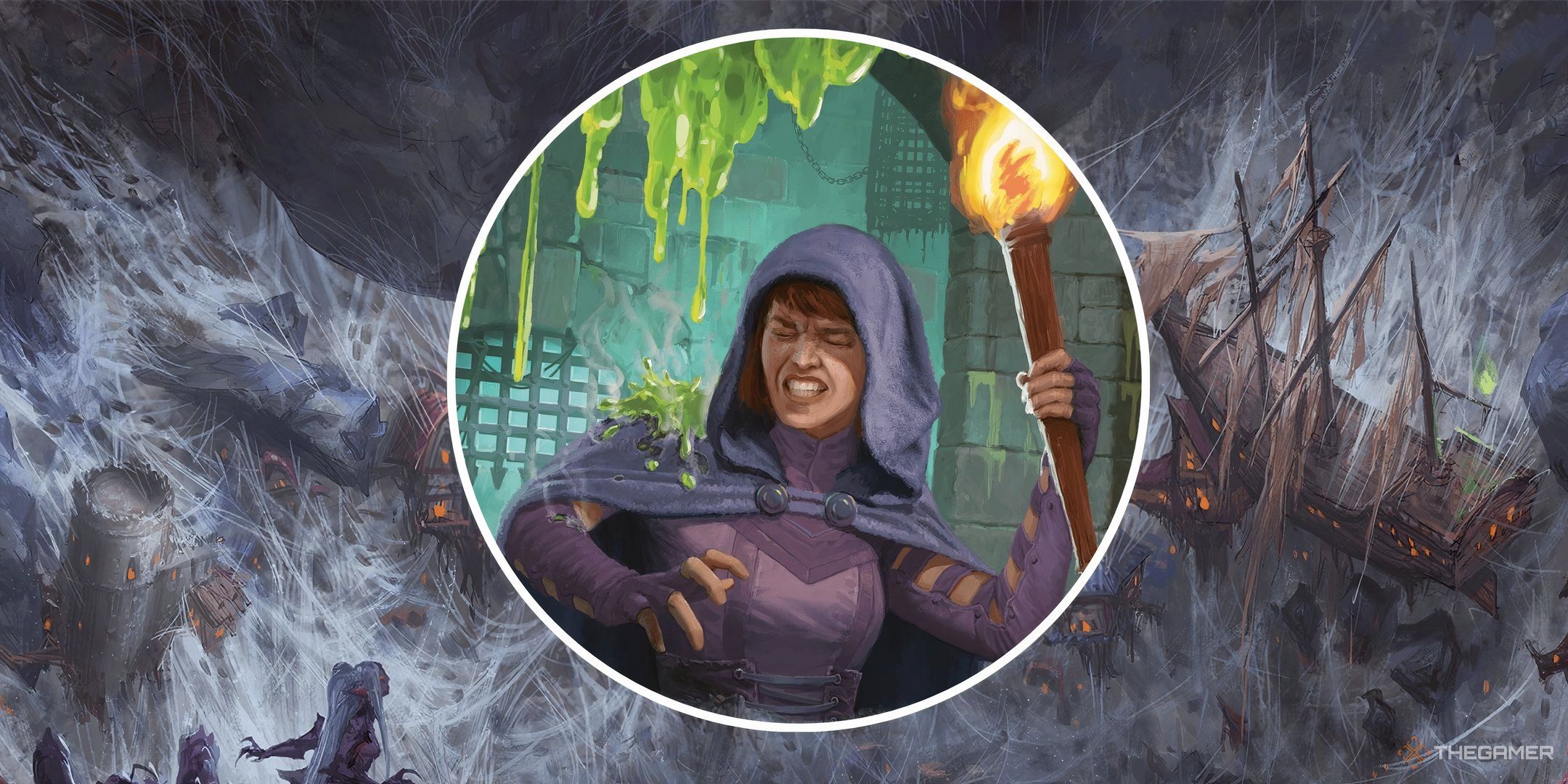
Related
Dungeons & Dragons: How To Fairly Punish Players
Sometimes, your players have to remember that actions have consequences, but that doesn’t mean those consequences should be out of this world.
Among the many types of players, the Dungeon Master’s Guide refers to a group called Optimizers – the ones we call Min-Maxers. While optimizing your character to do what you want them to do is normal, min-maxing may go to extremes, where the character will be very competent at whatever the player sets out for them. How do you ensure this player will enjoy the game?
10
Set Expectations
What Is The Game About?
Session zero is good for everyone, as it prevents many problems from happening in the first place. If you know your player is going to min-max, talk to them, see their character idea, and tell them whether you think it’s a good fit.
For instance, most min-maxers build their characters for combat. If the campaign is going to be hard, like a Tomb of Annihilation or something, a min-maxer is a great idea here. If the campaign doesn’t have a lot of combat, though, you can let them know right away and avoid the disappointment of easy combat.
Not every min-maxer prepares the character for combat. For instance, they can build the perfect character to talk their way out of trouble. If they know the gist of the campaign, they can make something that fits accordingly.
9
Give Them Mechanical Bonuses As Rewards
Optimize It More
If your player is optimizing as much as they can, that’s because they find that fun. Thus, you can let your player have even more fun by giving them items or unique abilities that reinforce the things they’re focusing on with their character.
Give the spellcaster a limited way to recover spell slots during combat or a homebrew ability that lets your tank force nearby enemies to attack them instead of someone else. Whenever the party completes quests, they deserve rewards, and you know what your player likes.
8
Give Them Scenarios That Test Their Abilities
Let Them Have Their Fun
What’s the point of making the ultimate healer, for instance, if they never heal? Just like you should do with every player, it’s important to give them situations where their character will shine, regardless of the scenario.
Because a min-maxer is usually stronger than the average PC, you’ll need to hit them a bit harder in these scenarios – like having multiple people needing a lot of healing at once, following our example. Focus on what they’re good at and push it to the extreme.
7
Give Them Scenarios That Counter Their Abilities
You Must Break Them
You love your min-maxer player, but you also have other players to cater to. It’s impossible to make a character that’s great at everything (without cheating), which means that your min-maxer player will have a weakness.
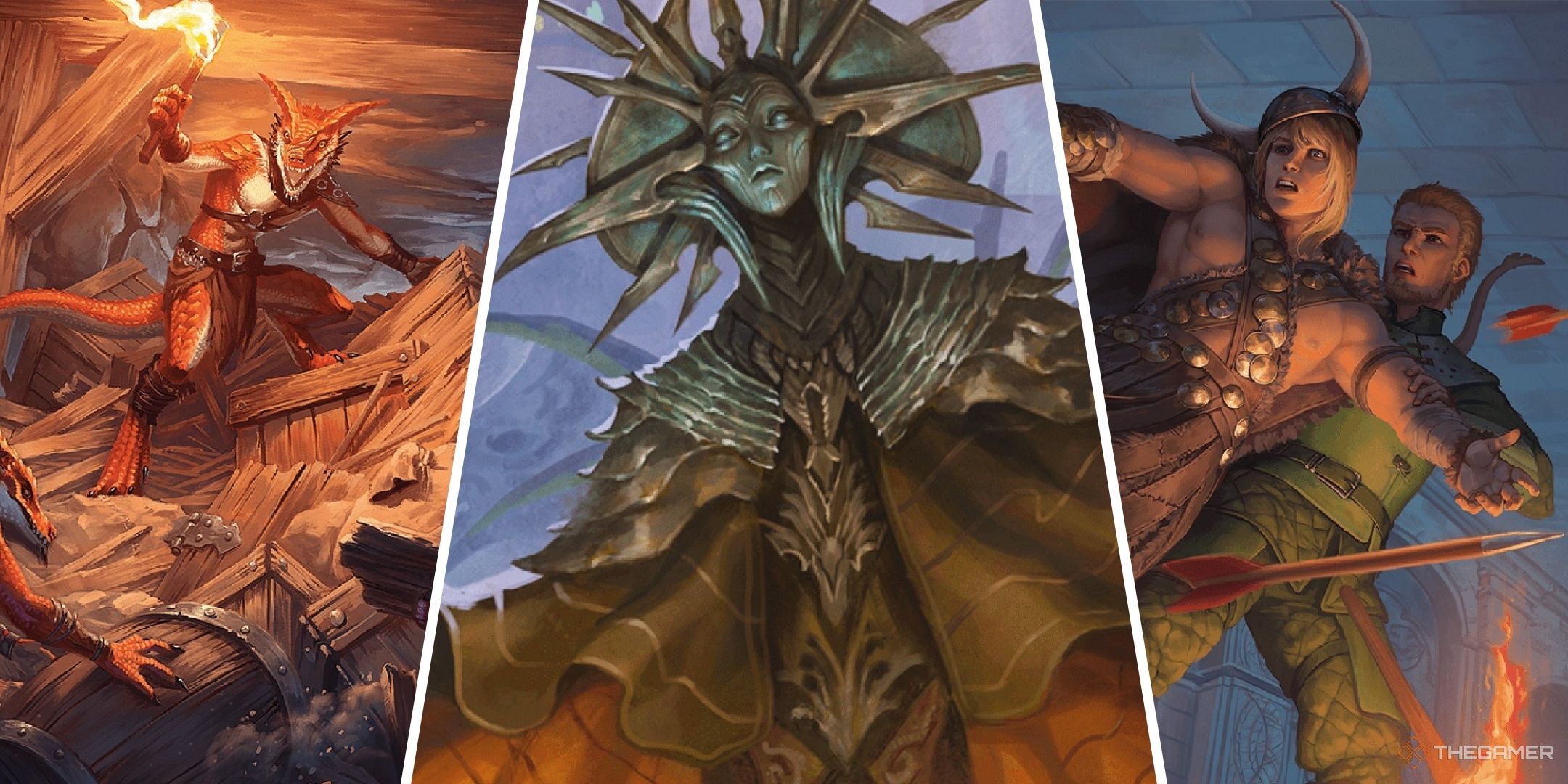
Related
Dungeons & Dragons: 7 DM Tips For Using Doors
Any party’s greatest foe
It’s okay to have a particularly hard encounter that humbles their powerhouse of a character and lets the other players excel. The party saving this player will also increase the bond between the characters, which is good for the narrative.
6
Give Them Encounters Where Their Optimization Doesn’t Apply
Not Everything Is A Fight
Along with everything we mentioned before, it’s important to analyze that your game isn’t doing just one thing repeatedly. The optimized character doesn’t need to fight, manipulate, invade, or do whatever they were built for every session.
The variety itself is not only healthy for the game and an option for other players to do things, but it’s just a nice breather and a way to develop the min-maxer character in other areas, such as backstory, motivation, relationship with other PCs and NPCs, and so on. This is a game, sure, but roleplaying is a key aspect, too.
5
Make Combat Encounters More Complex
Do More Than “I Attack”
Another thing that’s healthy for the game overall but also good for entertaining a min-maxer is to develop your combat scenarios further. They can defeat a bunch of enemies, sure, but can they do that while also protecting multiple weak NPCs while the boss has the MacGuffin and the whole place collapses?
Okay, maybe you don’t need to add that many things in one combat alone, but the point stands. You can even use this in pair of our ideas to force their min-maxed character to the extreme or even counter them, so they’ll need to rely on the whole party to achieve these goals – it’s the point of the game, after all.
If the character relies on resources, such as ammo or spell components, you can use its scarcity to increase challenge through resource management.
4
Encourage Going Out Of Their Specialized Area
Inspiration Exists For A Reason
We’ve also mentioned trying things where their optimization simply won’t apply, but you can go further here. For instance, let’s say a combat min-maxer is in an encounter where the party wants to talk it out because fighting right now would be too messy, everyone’s resources are low, or their level is too low, among other possibilities.
The players themselves will already be a good encouragement for the min-maxer. Still, it’s okay to hint that they’re outmatched as much as possible and reward the player for doing something different. If a substantial reward like an item makes no sense at the moment, something as simple as heroic inspiration already makes a lot of difference – and they can use it for the next fight.
3
Help Non-Optimizers Keep Up
Loot And Perks For Everyone
It goes without saying that you should also pay attention to your other players. If they aren’t as focused on optimizing the sheet out of their characters, you can help them with rewards, too, like better weapons and armor.
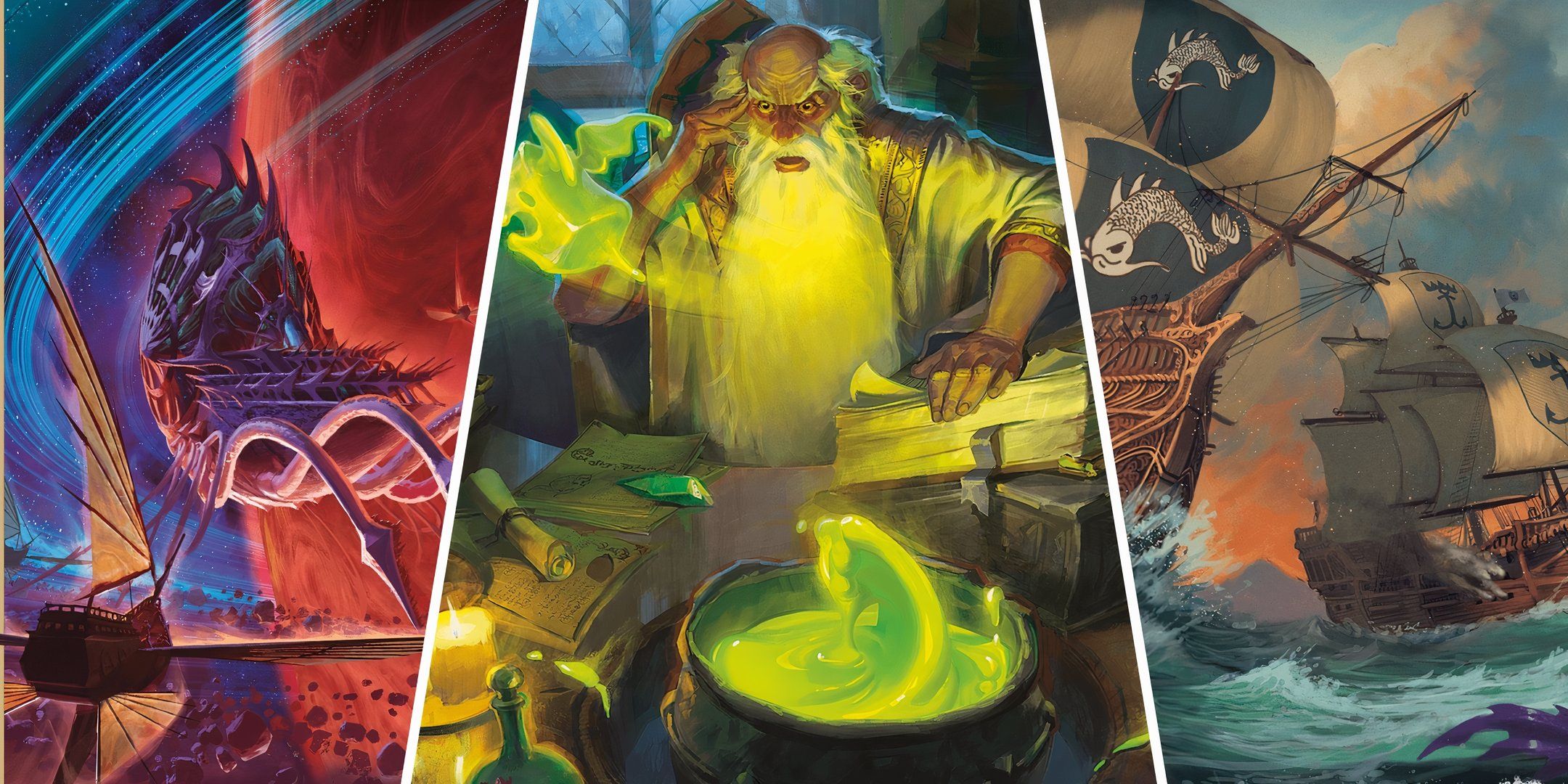
Related
Dungeons & Dragons: Which Flavor Of Fantasy Is Right For Your Campaign?
Which Flavor of Fantasy is perfect for your next campaign?
There’s also no reason to keep things secret. If the min-maxer finds it weird that others are getting stronger gear, you can tell them why. A good team player would want their friends to be on the same level, and equipment will help with just that.
2
Be Clear About Rules And Changes To Them
What Can They Do And Not Do?
Min-maxers will focus a lot on the mechanical side of things, which means they’ll be aware of the rules. After all, they need to know what they can do in the game to optimize their characters. So, if you’re changing anything, let them know as soon as possible.
That said, you can use this to your favor and ask the min-maxer to help or remind you of some of the more obscure rules whenever they come up on the table. Use their knowledge to your advantage.
1
Tie Their Mechanical Prowess In The Narrative
“So, You’re The Best Fighter Here, Eh?”
If a PC is the most powerful fighter, monk, paladin, or whatever, that’s going to draw some attention to them. Rivals could come up in search of a challenge, villains could hire or manipulate them to serve their goals, and antagonists could put bounties on their heads, dragging even more powerful NPCs into the mix.
It doesn’t have to be only negative things, though. People in higher positions can respect or fear them, and the player could use that to bargain better rewards for contracts – something that benefits the whole party, too.
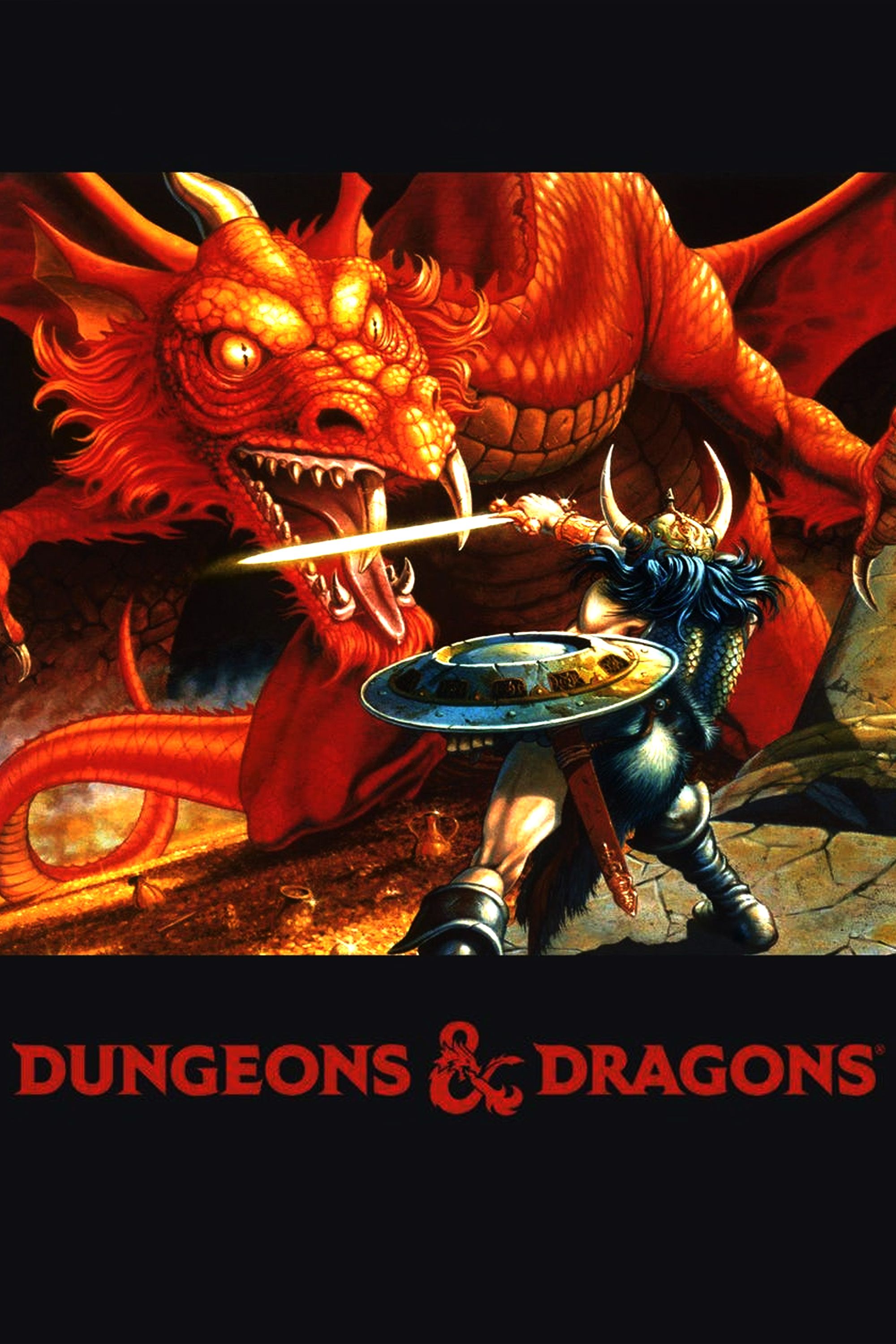
Dungeons & Dragons
- Original Release Date
-
1974-00-00
- Player Count
-
2+
- Age Recommendation
-
12+ (though younger can play and enjoy)
Source link
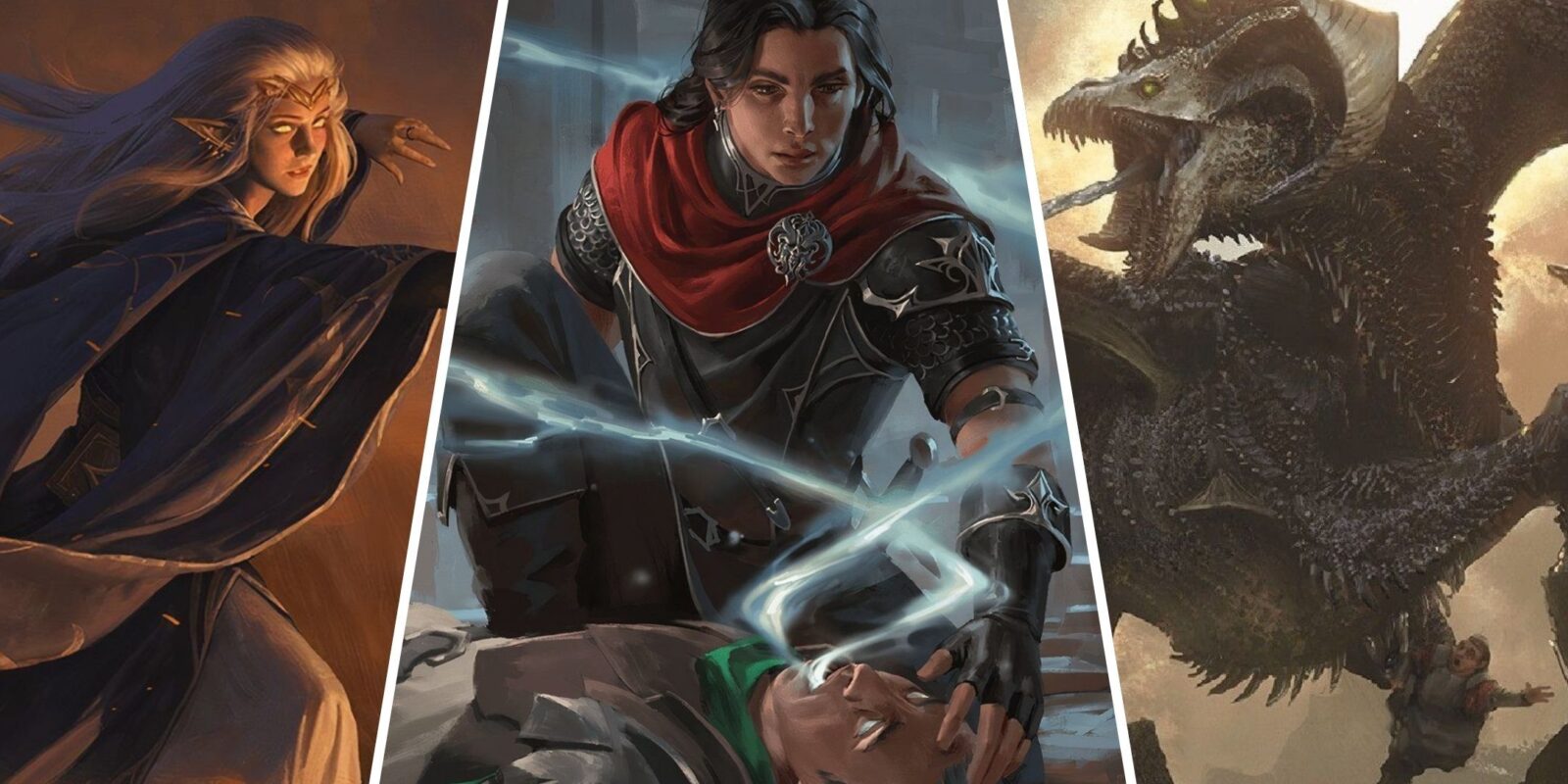

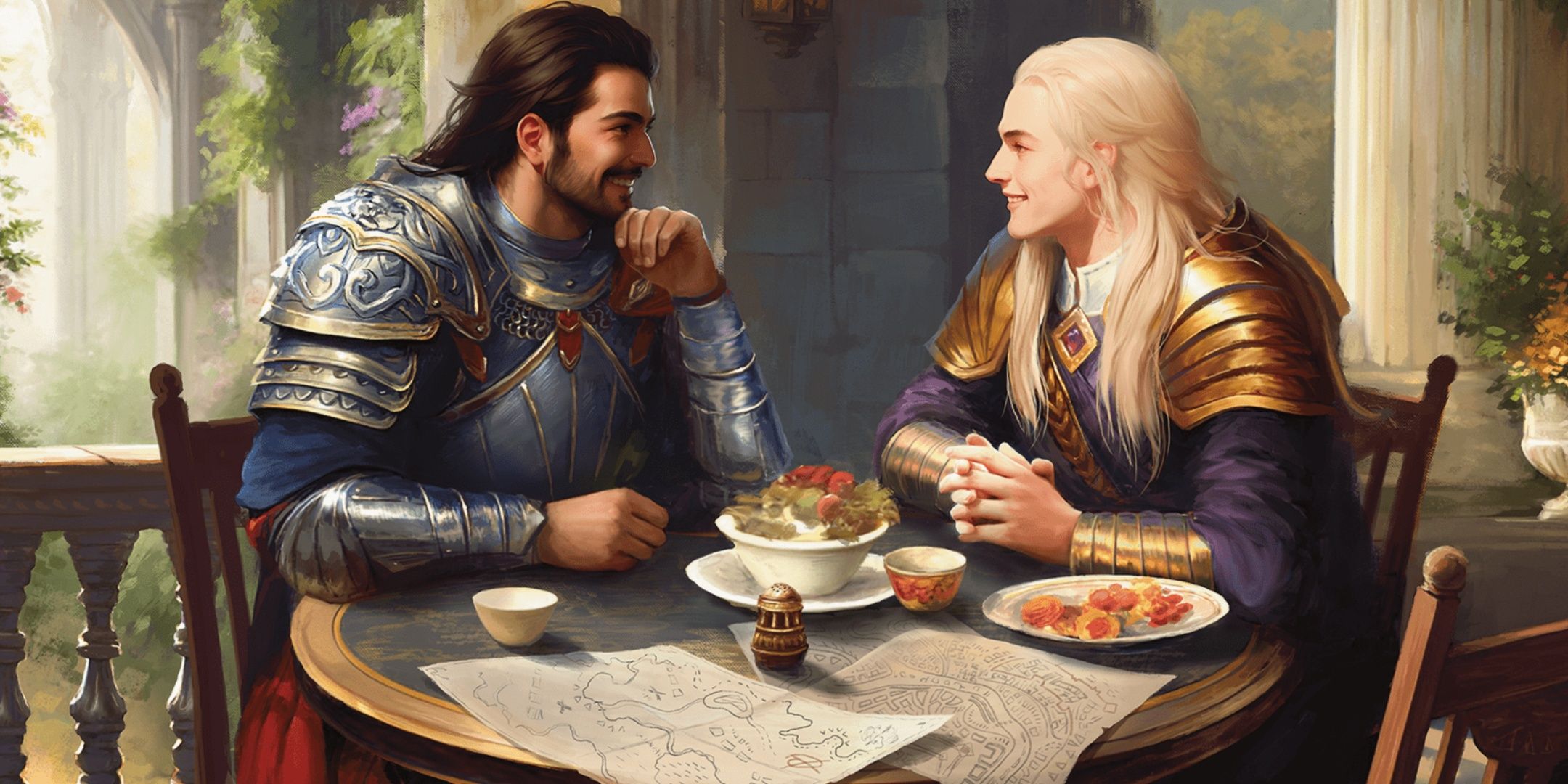
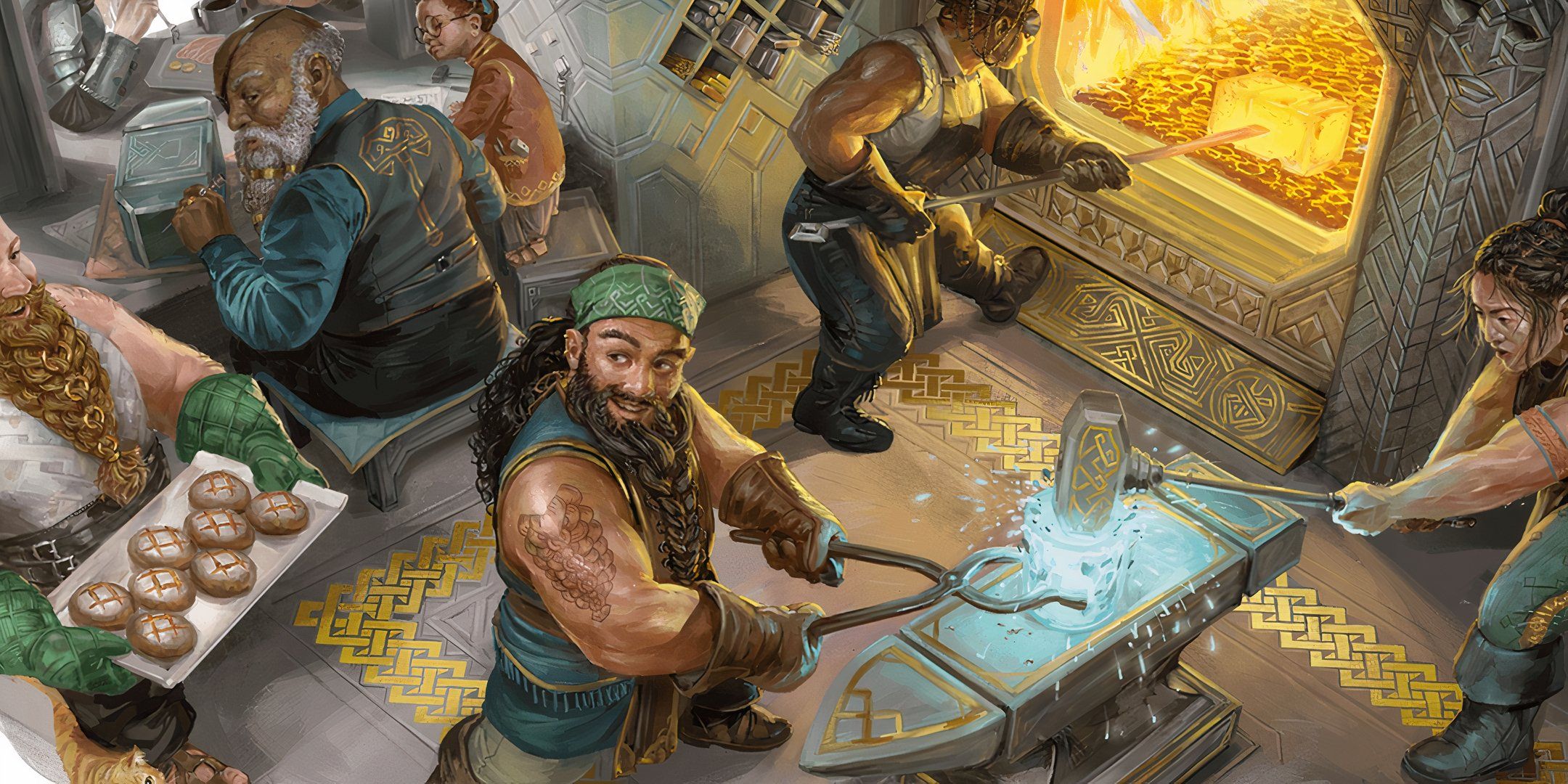
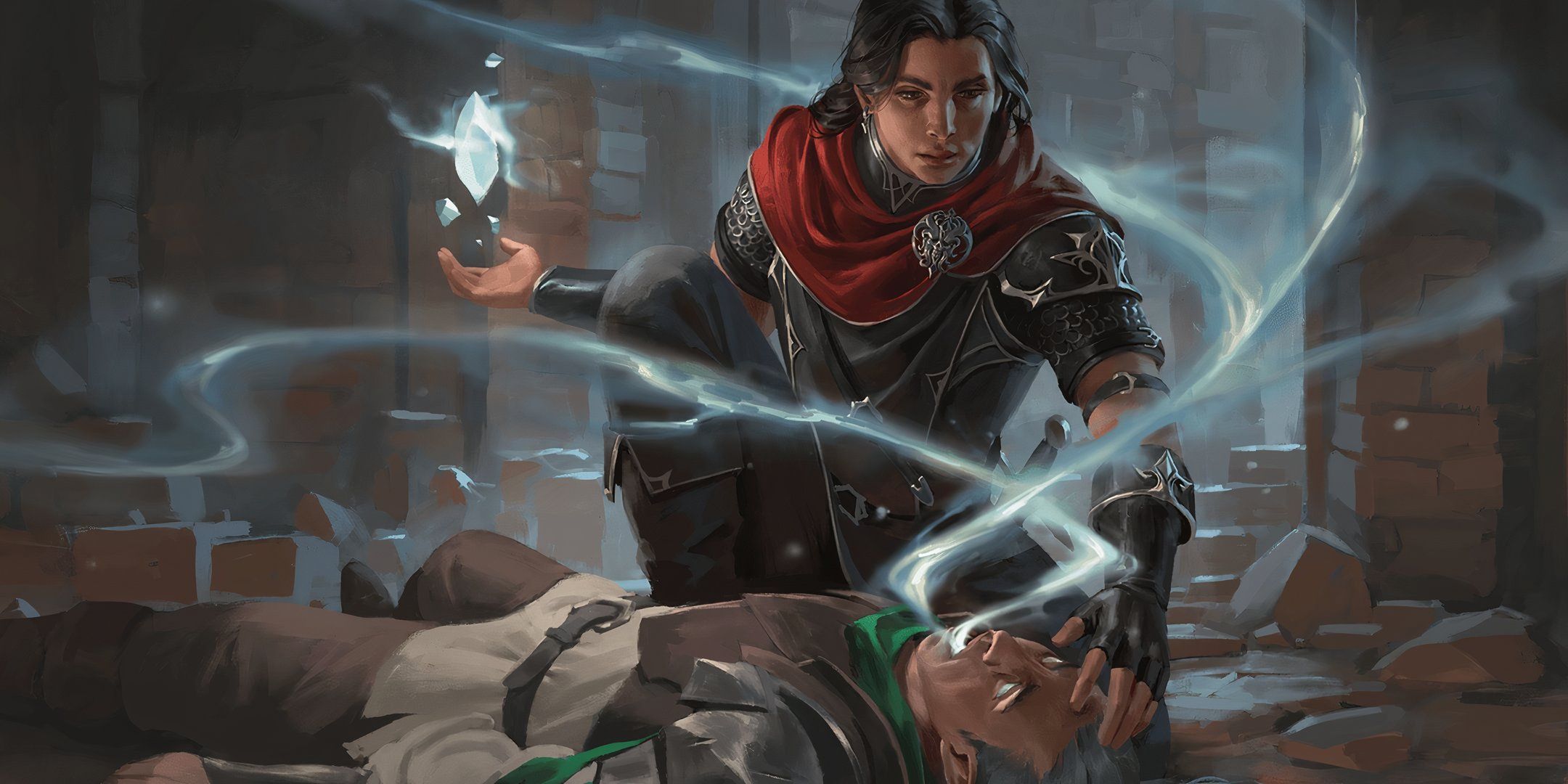
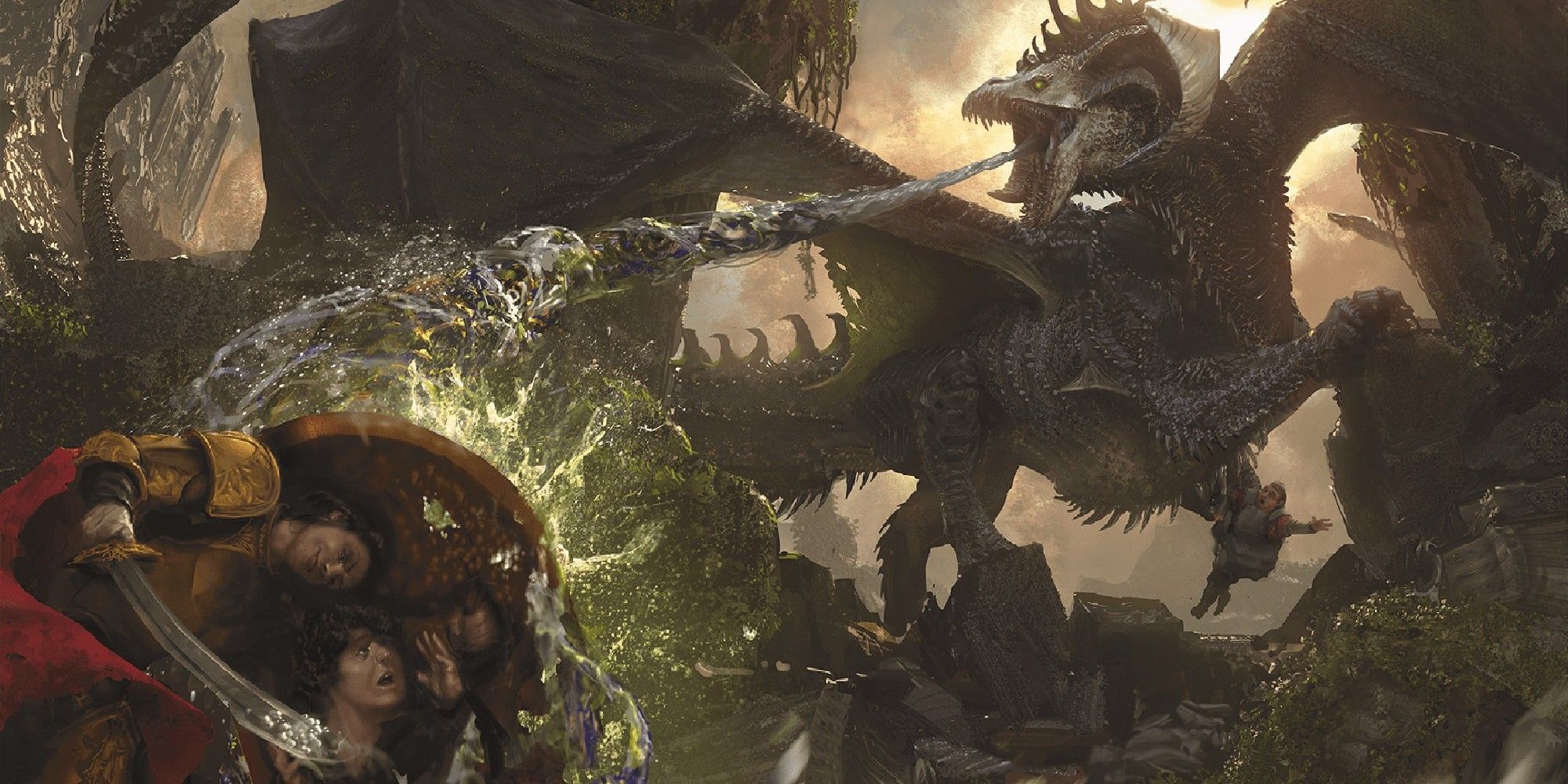
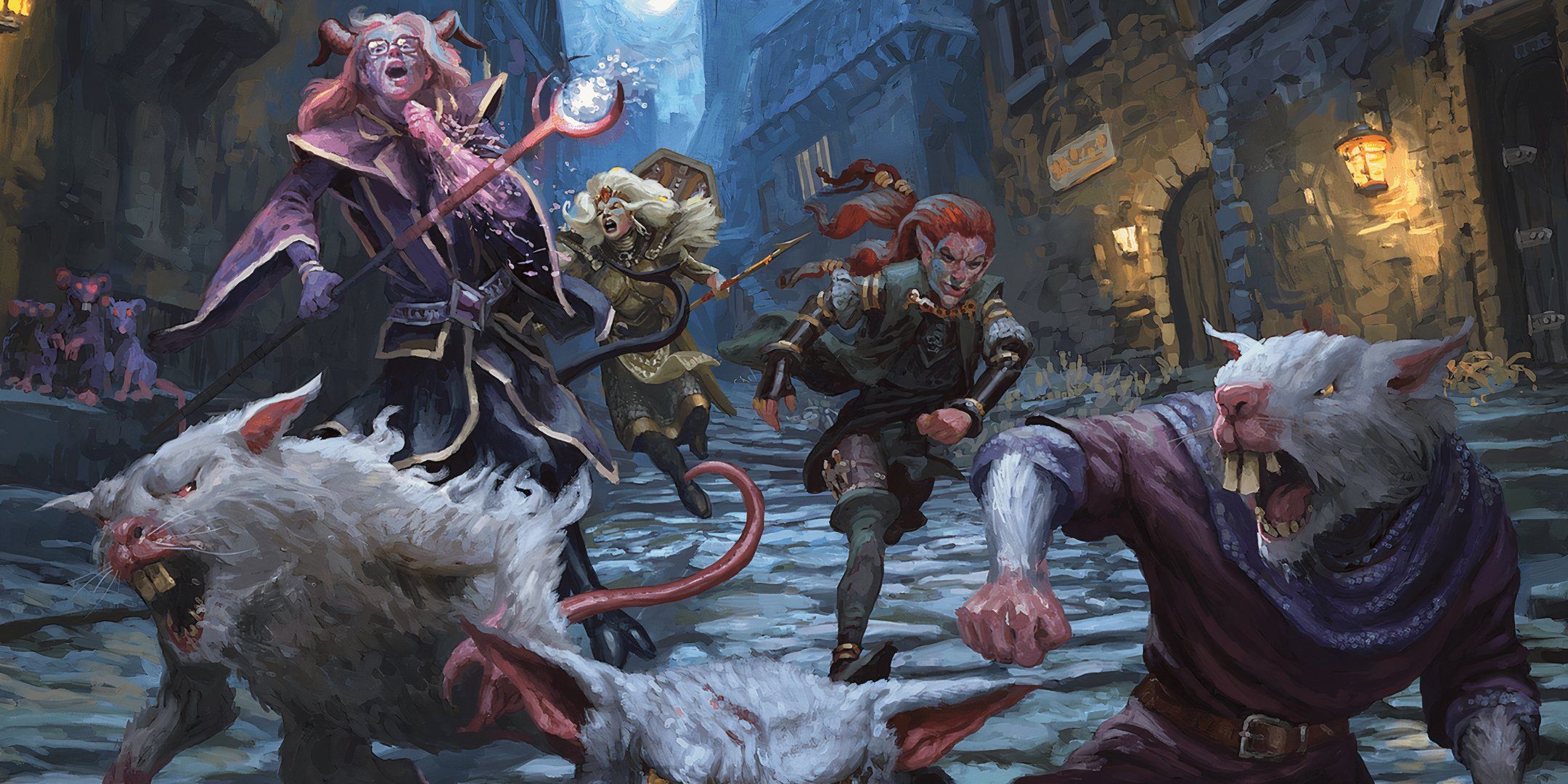
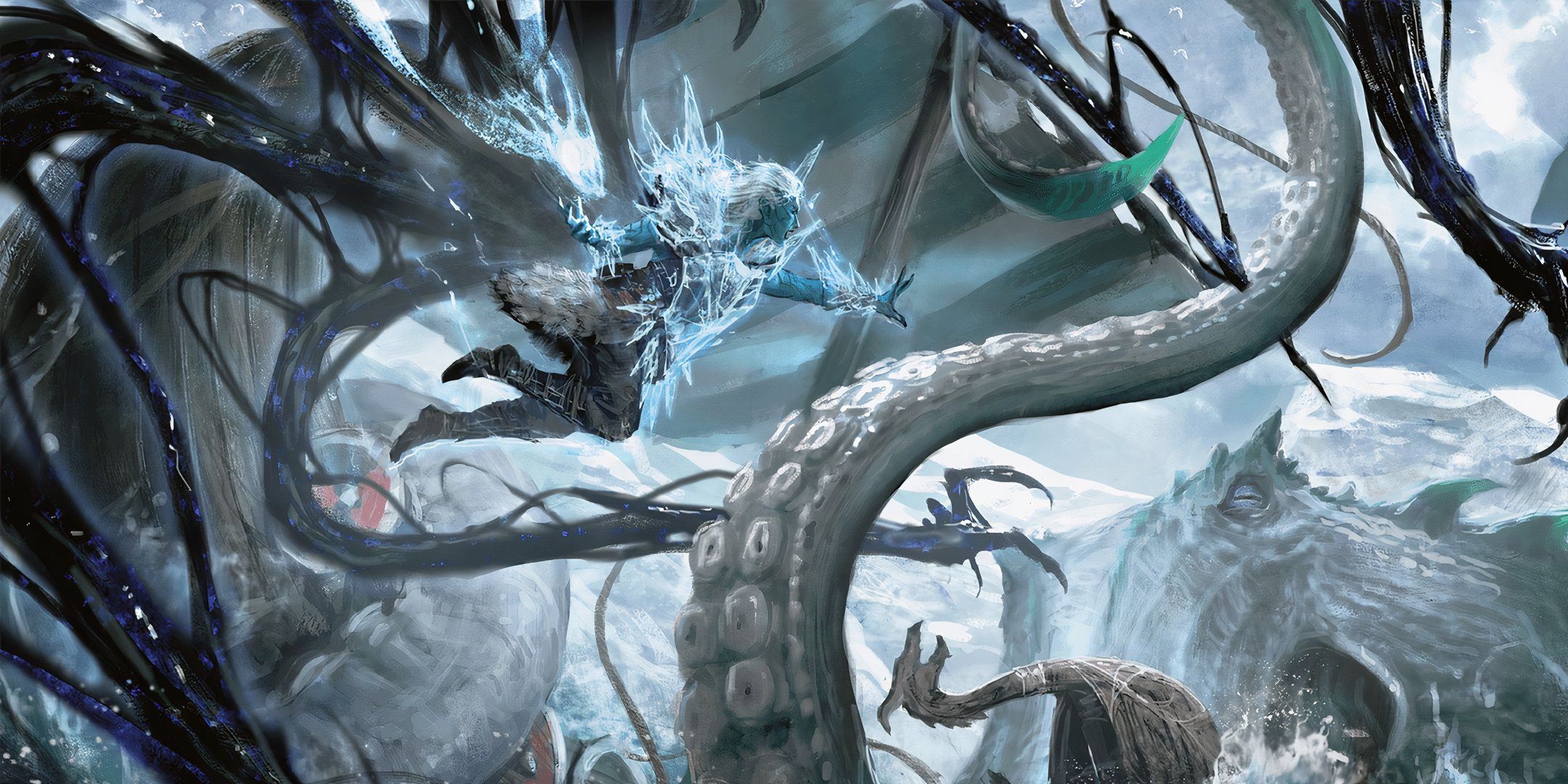

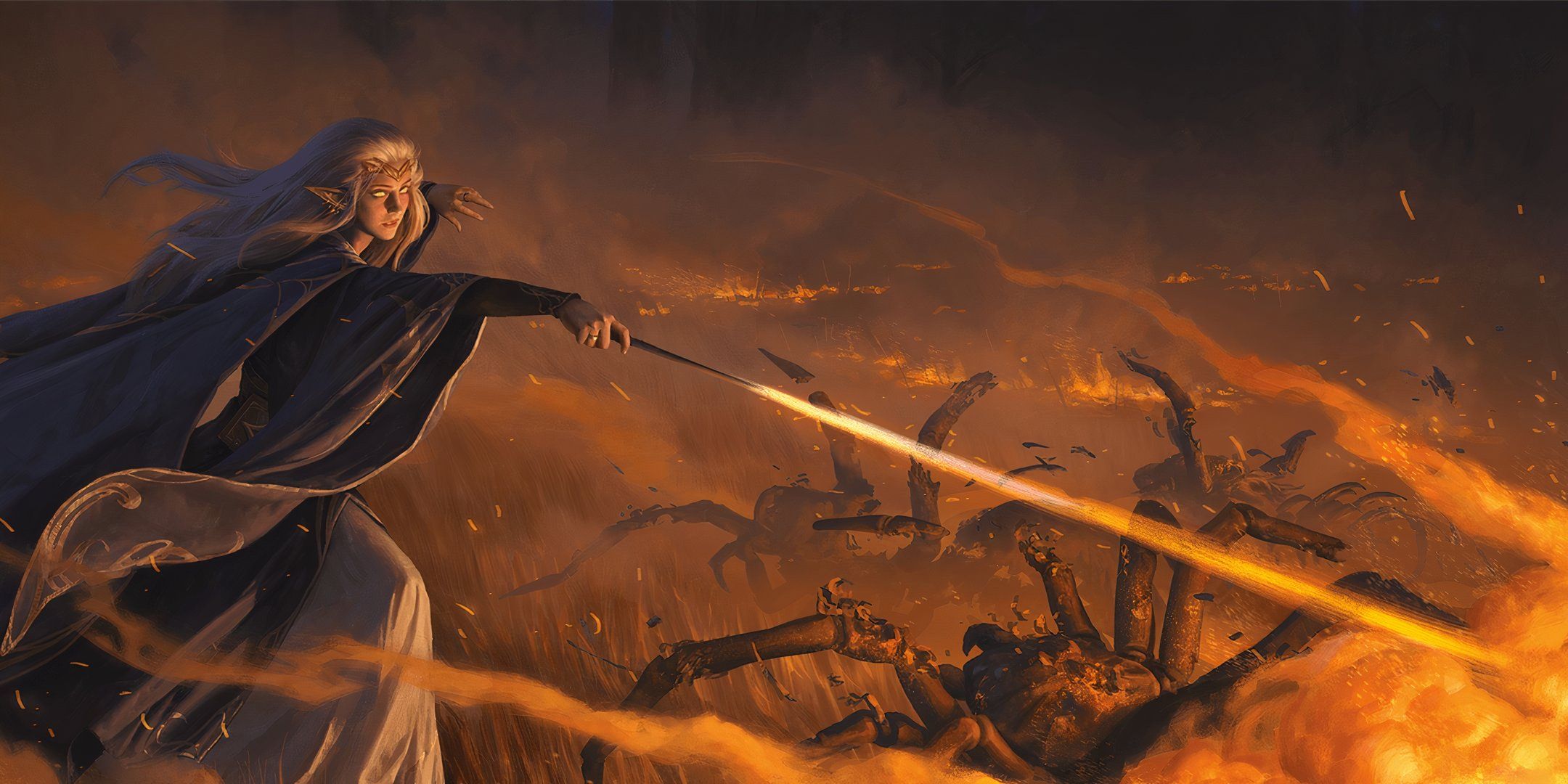
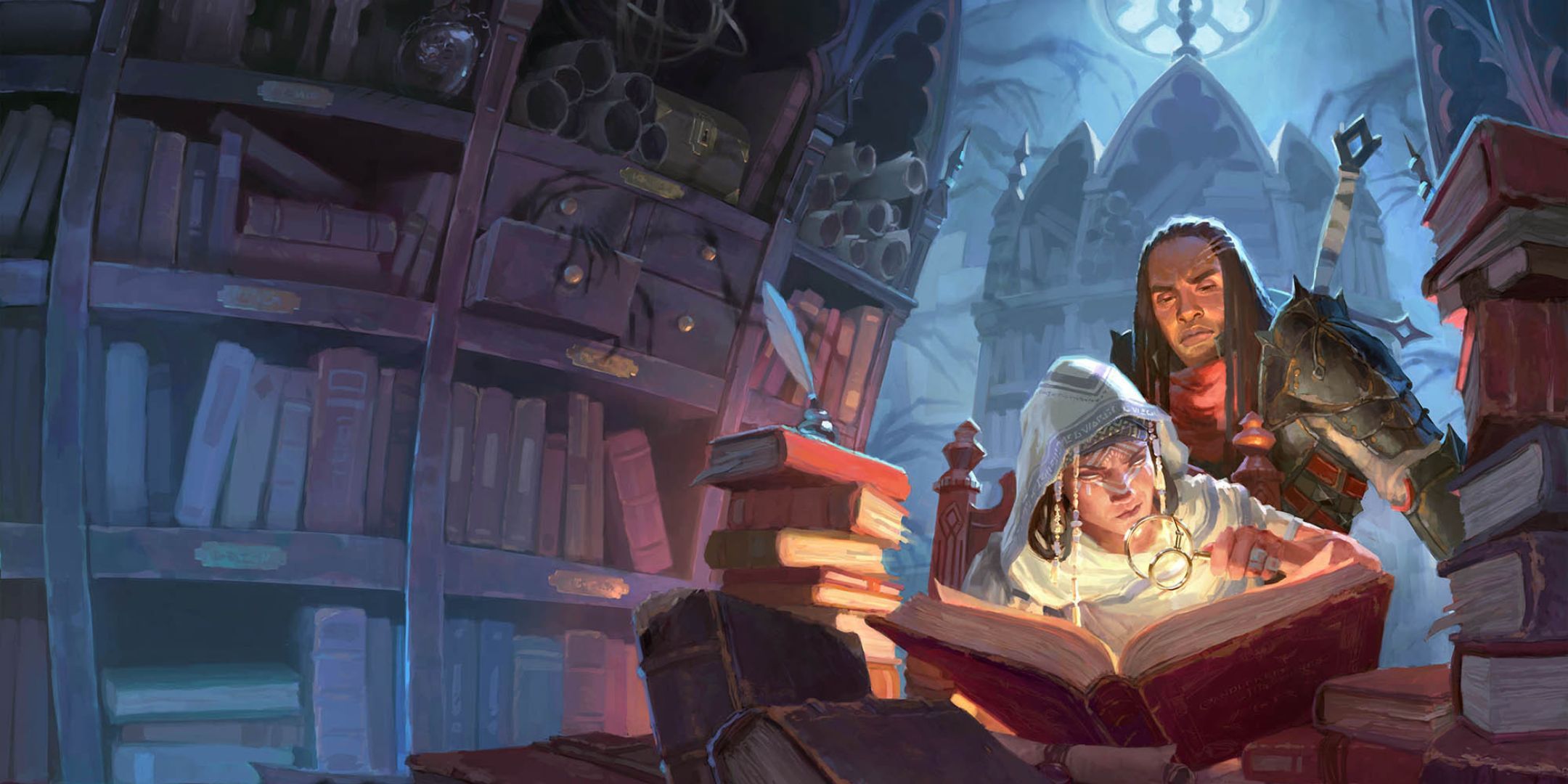
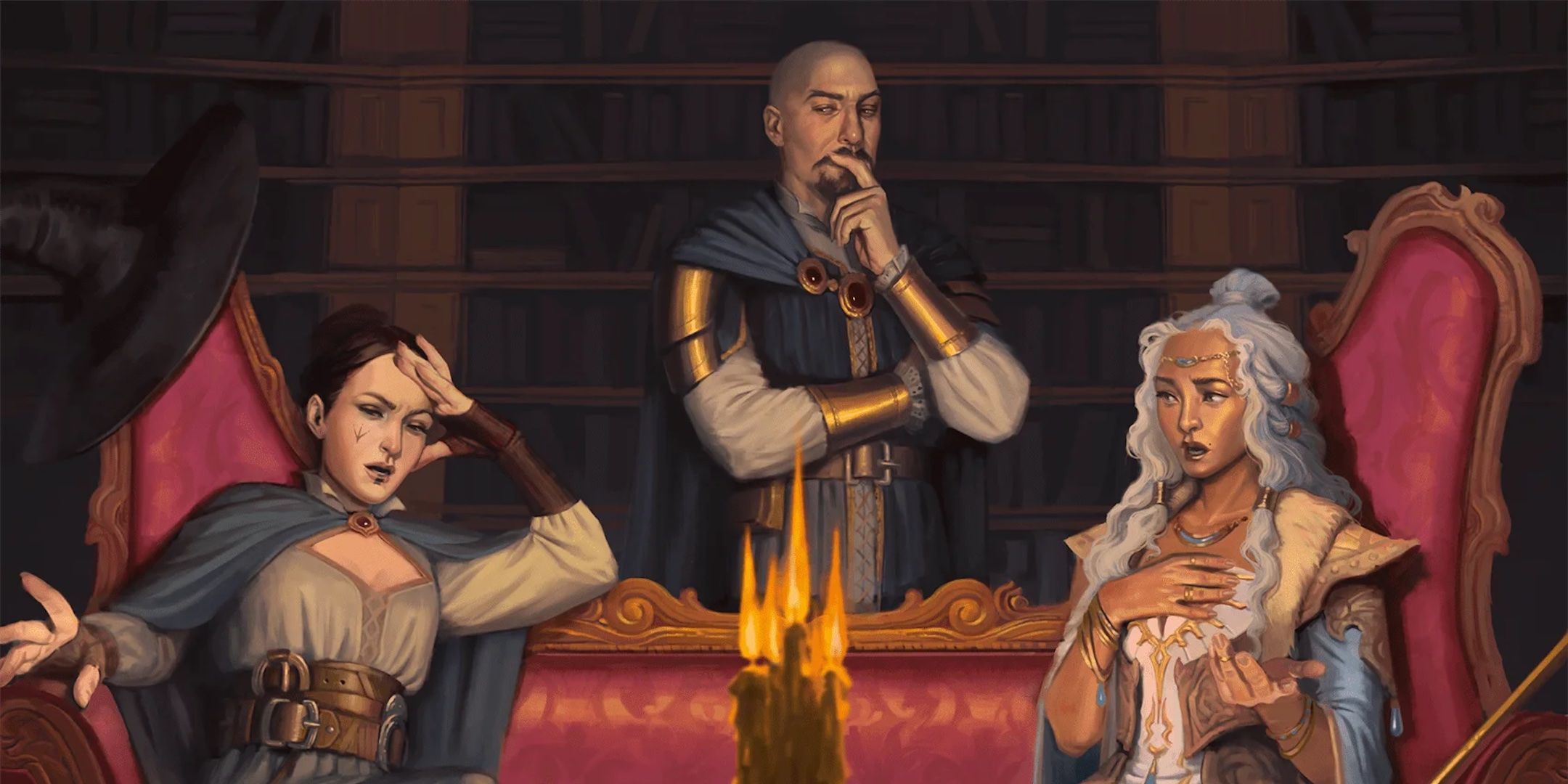




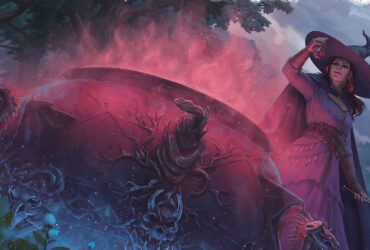
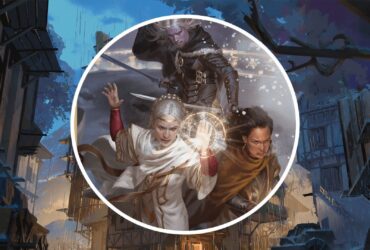
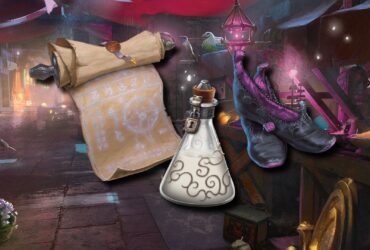
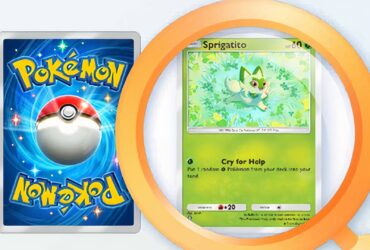
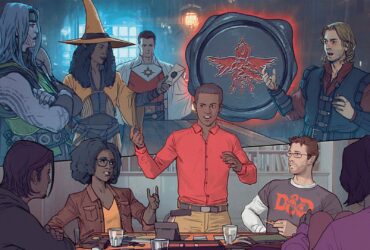

Leave a Reply